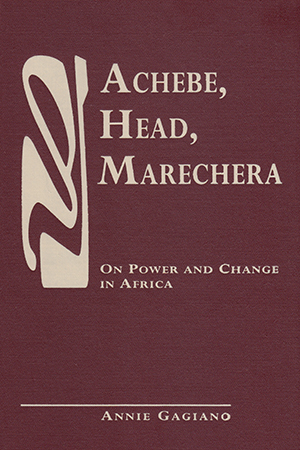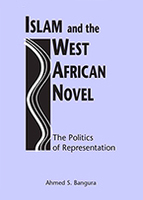African Literature
Three Soweto playwrights. Three distinctive theatrical styles. Each using plays to communicate messages of humanism, Black Consciousness, and Black solidarity. Andile Xaba traces the More >
Scholars, activists, and artists come together in this innovative collection to highlight the power of dialogue as a mode of knowledge production in building and sustaining African feminist More >
As a leader of the South African Coloured People's Organisation and a communist, Alex La Guma was charged with treason, banned, lived under house arrest, and ultimately forced into More >
Ntongela Masilela (1948–2020) is perhaps best known for collecting, archiving, and expounding on the works of South African and other African intellectuals—most notably members More >
Seismic shifts in Zimbabwe's politics since the 2017 demise of Robert Mugabe have generated renewed interest in Ndabaningi Sithole, the first president of the Zimbabwe African National More >
When Lauretta Ngcobo died in 2015, Africa lost a significant literary talent, freedom fighter, and feminist voice. Ngcobo was one of the pioneering writers who first published novels in More >
Dennis Brutus (1924-2009) is perhaps best known for his powerful poems chronicling the suffering of apartheid in South Africa. But he was also a political activist whose voice helped to More >
This anthology of never-before-published poems showcases a new generation of African women poets, some familiar, some just beginning their literary careers. Their rich voices belie popular More >
African Lives, a pioneering anthology of memoirs and autobiographical writings, lets the people of Africa speak for themselves—telling stories of struggle and achievement that have the More >
ForeWord Magazine's Reference Book of the Year, 2007! Ranging from ancient cultures to the present century, from Africa's rich oral traditions to its contemporary fiction, More >
Tawfiq al-Hakim (1898-1987) dedicated much of his long life to a fruitful attempt to advance the fortunes of twentieth century Arabic literature by writing it. This guide to his work More >
Though Sahelian culture likely dates back more than five thousand years—encompassing Africa's greatest empires—the Sahel remains little known in the English-speaking world. More >
Ngoza, in KwaZulu-Natal—South Africa's most turbulent province—is transformed when clan leader Baba Joshua dies and his headstrong daughter tackles the age-old shibboleths More >
Concentrating on issues of power and change, Annie Gagiano's close reading of literary texts by Chinua Achebe, Bessie Head, and Dambudzo Marechera teases out each author's view of More >
Ahmed Bangura argues that a deeply ingrained pattern of prejudice toward Islam in European-language writing on Africa has led to serious misreadings of many West African novels. Extending More >



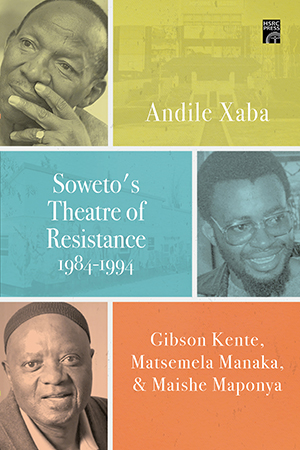
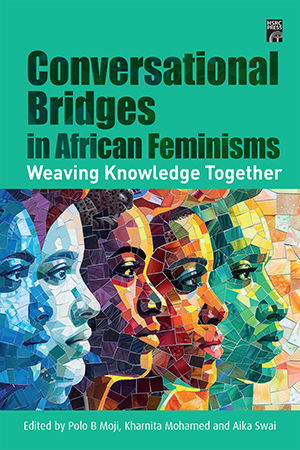
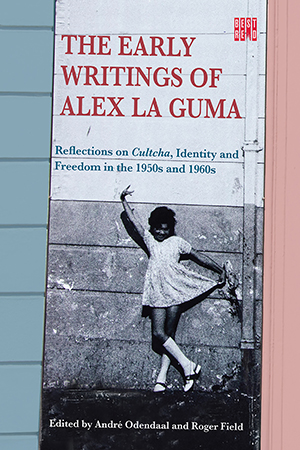
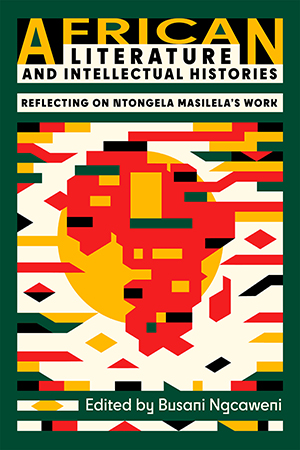
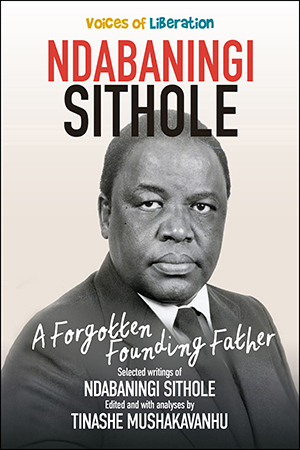
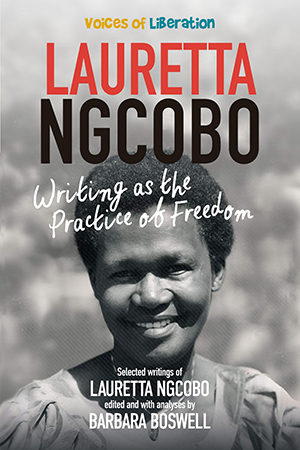
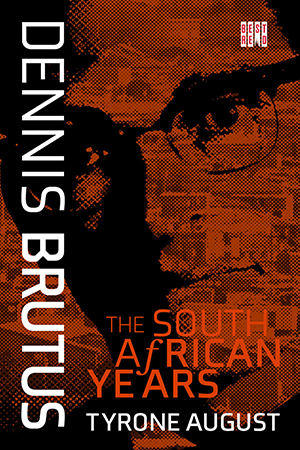
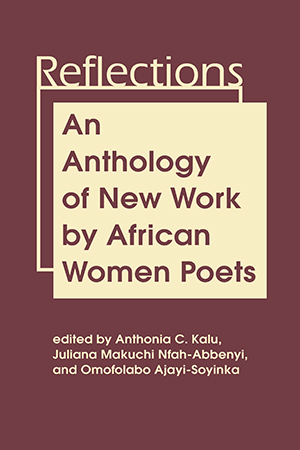
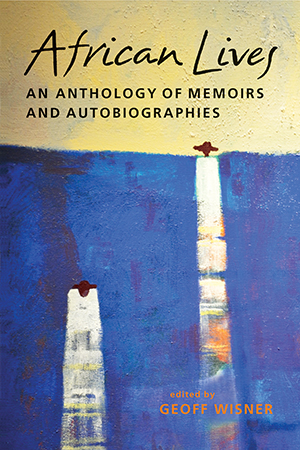
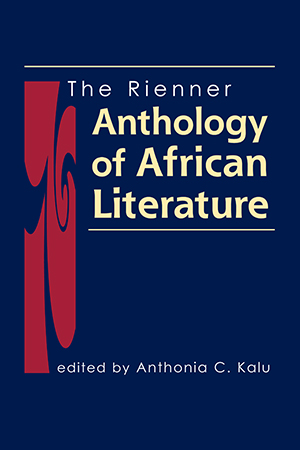
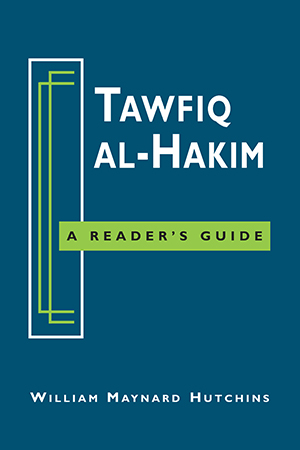
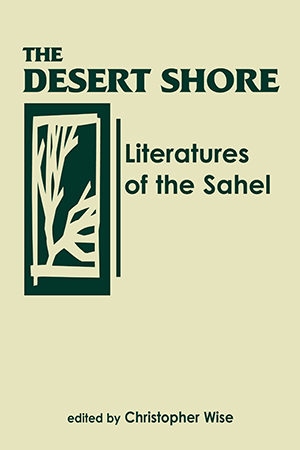
![The Memory of Stones [a novel]](/imgs/cover-unavailable.jpg)
